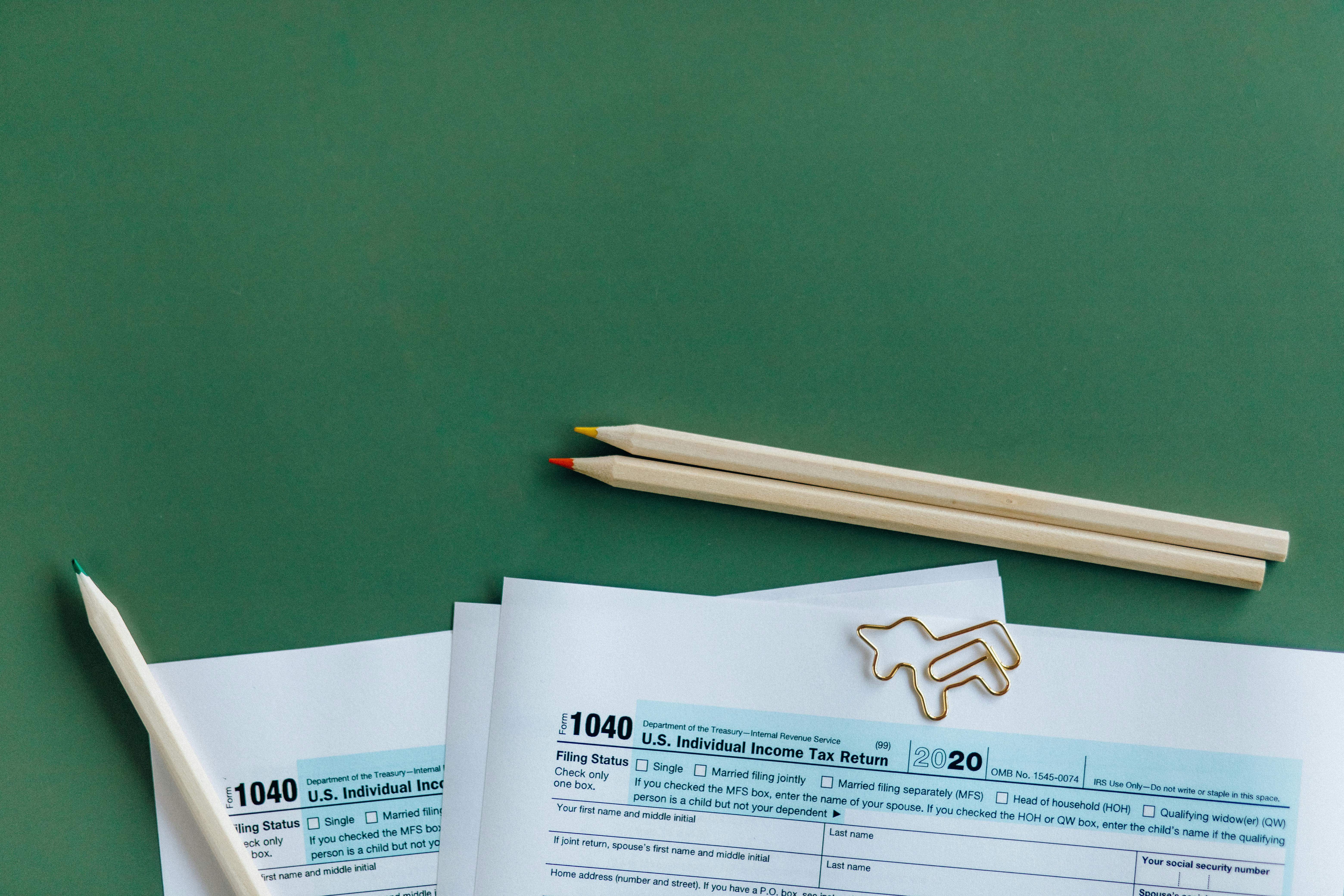How to Use 1031 Exchanges to Defer Capital Gains on Real Estate

Introduction
A 1031 exchange is a powerful tax-deferral strategy that allows real estate investors in the U.S. to defer capital gains taxes when selling investment properties by reinvesting the proceeds into a like-kind property. Under Section 1031 of the Internal Revenue Code, this tax provision enables investors to grow their real estate portfolios without an immediate tax burden.
This article explains how 1031 exchanges work, their key rules, and how investors can use them to defer capital gains taxes and build long-term wealth.
1. What is a 1031 Exchange?
- A 1031 exchange allows real estate investors to defer capital gains taxes when selling an investment property if they reinvest the proceeds into a "like-kind" property.
- The exchange must meet IRS requirements, including timing rules and property eligibility.
- It is commonly used to upgrade properties, consolidate assets, or diversify portfolios while avoiding immediate tax liability.
2. Key Benefits of a 1031 Exchange
- Defers Capital Gains Taxes: No immediate capital gains tax liability as long as funds are reinvested in a like-kind property.
- Allows Portfolio Growth: Investors can trade up to higher-value properties without losing profits to taxes.
- Provides Leverage for Real Estate Investments: Investors can reinvest the full proceeds (without tax deductions) to acquire larger or better-performing properties.
- No Limit on Exchanges: There is no limit to the number of 1031 exchanges an investor can perform, allowing for continuous tax deferral.
3. Eligibility Requirements for a 1031 Exchange
To qualify for a 1031 exchange, investors must follow these IRS guidelines:
- Investment or Business Use Only:
- Only properties held for investment or business use qualify.
- Primary residences do not qualify for a 1031 exchange.
- Like-Kind Property Requirement:
- The replacement property must be "like-kind"—meaning it must also be used for investment or business purposes.
- The properties do not need to be identical (e.g., exchanging a rental house for an office building is allowed).
- Strict Timeline Rules:
- 45-Day Identification Rule: The investor must identify a replacement property within 45 days of selling the original property.
- 180-Day Completion Rule: The entire exchange must be completed within 180 days of the sale.
- Qualified Intermediary (QI) Requirement:
- The IRS requires investors to use a Qualified Intermediary (QI) to facilitate the exchange.
- The investor cannot take possession of sale proceeds before reinvestment, or the exchange will be disqualified.
4. Types of 1031 Exchanges
Investors can structure a 1031 exchange in different ways, including:
- Simultaneous Exchange: The sale and purchase occur on the same day.
- Delayed Exchange (Most Common): The investor sells the property first and reinvests within 180 days.
- Reverse Exchange: The investor buys the replacement property first and sells the original property later.
- Improvement Exchange (Build-to-Suit Exchange): Allows investors to use exchange funds to improve the replacement property.
5. Tax Implications and Avoiding Common Pitfalls
- Boot and Partial Taxation: If the investor receives cash or reduces debt in the exchange, it is called "boot" and may be subject to capital gains tax.
- Depreciation Recapture: If a new property has a lower depreciation rate, the investor may have to pay depreciation recapture taxes later.
- Strict Compliance Required: Missing deadlines or failing to reinvest all proceeds can result in tax liability.
6. Alternative Strategies: Converting a 1031 Exchange Property into a Primary
Residence
- Investors can convert a 1031 exchange property into their primary residence after renting it for at least two years.
- After living in the property for five years, investors may qualify for Section 121's capital gains exclusion, further reducing tax liability.
Conclusion
A 1031 exchange is a valuable tax-deferral strategy that allows real estate investors to reinvest profits without immediate capital gains taxes, enabling long-term portfolio growth. By following IRS rules, using a Qualified Intermediary, and properly timing transactions, investors can maximize their real estate investments while legally deferring taxes.
Tax Partners can provide expert guidance on structuring 1031 exchanges for optimal tax benefits and investment growth.
This article is written for educational purposes.
Should you have any inquiries, please do not hesitate to contact us at (905) 836-8755, via email at info@taxpartners.ca, or by visiting our website at www.taxpartners.ca.
Tax Partners has been operational since 1981 and is recognized as one of the leading tax and accounting firms in North America. Contact us today for a FREE initial consultation appointment.